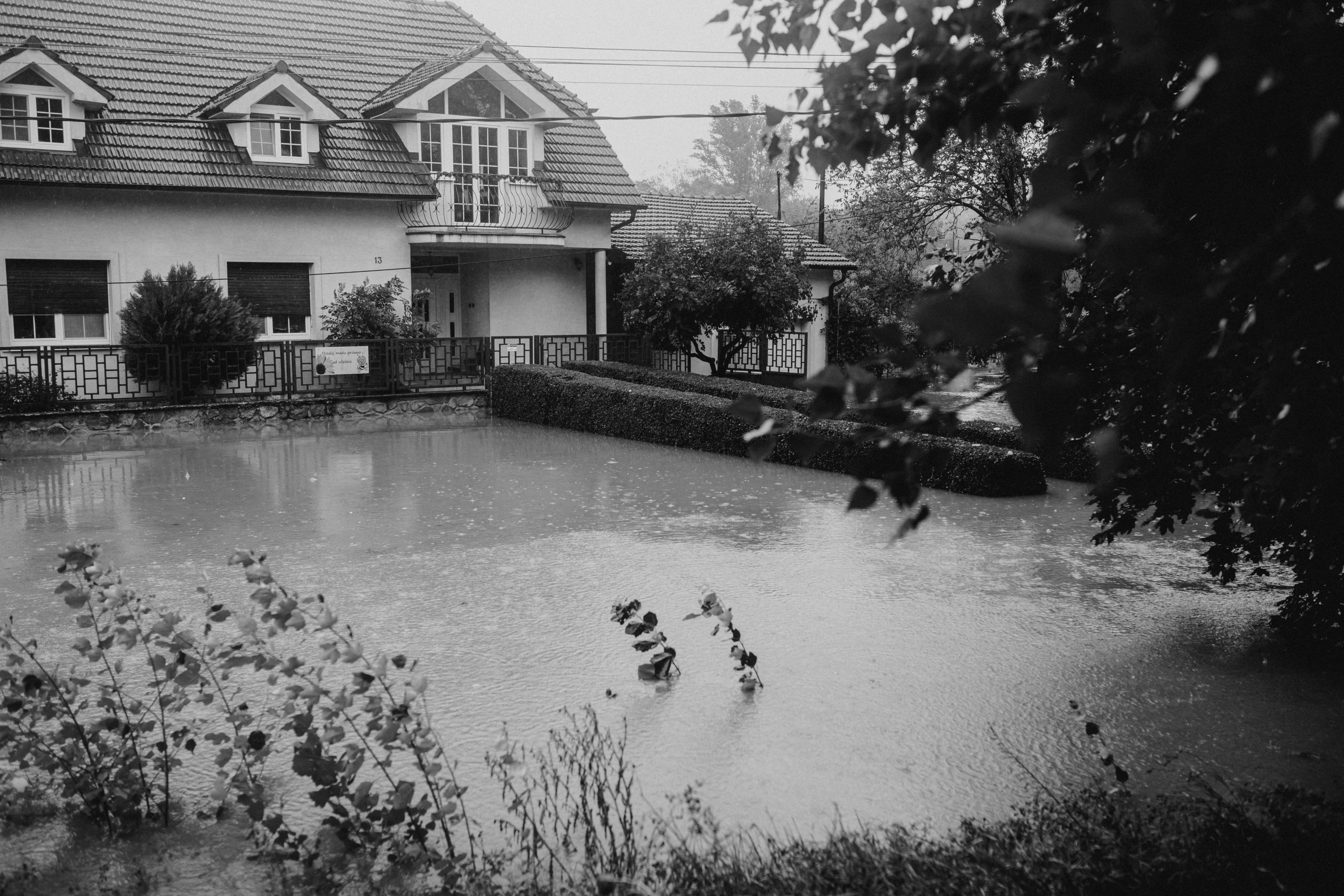Dealing with a Ceiling Leak in Your Student Apartment: Your Rights and Options
Living in a student apartment during an internship can be an exciting experience, but unforeseen issues like property damage can quickly become stressful. Recently, I encountered a ceiling leak in my Atlanta apartment due to heavy storms. Here’s a detailed account of the situation and some advice on how to handle such incidents effectively.
The Situation:
While staying in Atlanta for an internship, I noticed water beginning to seep through the apartment ceiling. Recognizing the potential damage, I immediately reported the issue to management. Despite concerns about recent severe weather, both my landlord and I underestimated the severity of the leak. Over time, the water accumulation became substantial enough to impact my belongings—specifically, my iPad and a few other personal items near my desk. The damage was evident after a night’s rain, with water spilling over the container I had placed to catch leaks.
Response from Management:
In response, the apartment’s management suggested that I seek reimbursement through my personal renter’s insurance rather than addressing the damage directly. They indicated that they saw no obligation to cover personal property damage resulting from the leak, which left me questioning the proper course of action.
Assessing Your Options:
If you find yourself in a similar situation, it’s essential to understand your rights and potential steps:
-
Document Everything: Take photos of the damage and maintain records of communication with management. This documentation can be valuable if you need to escalate the issue.
-
Review Your Lease Agreement: Check if there are clauses related to repairs and property damage. Generally, landlords are responsible for maintaining the structural integrity of the property.
-
Contact Management Again: Clearly communicate the extent of the leak and ask for repair timelines. Emphasize the impact on your personal belongings.
-
Determine Liability and Reimbursements:
- Since the leak appears to be a property defect rather than tenant negligence, the landlord may be responsible for repairs.
-
Personal property damage, like your iPad, is typically not covered unless insurance policies specify coverage for such damages unless caused directly by landlord negligence.
-
Renter’s Insurance:
- Although your landlord recommends using your renter’s insurance, weigh the costs carefully.
-
Deductibles might outweigh the value of small items, and such claims can sometimes increase premiums or be recorded on your insurance history.
-
Seek Legal Advice if Necessary:
- If the landlord refuses



